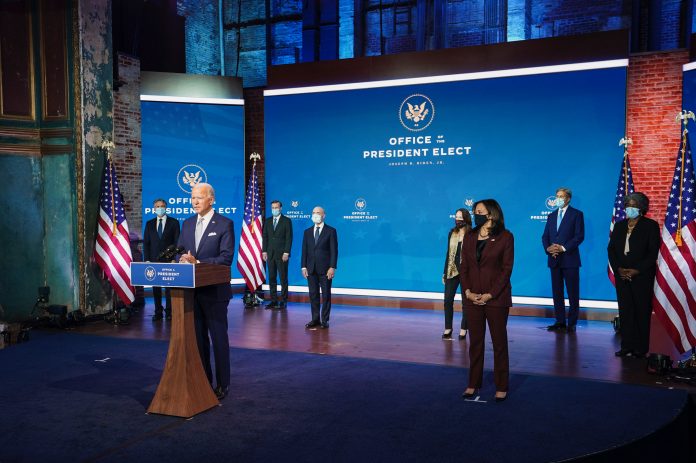By Kenneth Tiven
For the past week, a Chinese surveillance balloon was slowly flying across the USA before being shot down just off the East Coast over shallow Atlantic waters. That story dominated the news here and obscured a significant meeting between India’s National Security Adviser Ajit Doval and his US counterpart Jake Sullivan.
As India and China share a 3,400-kilometre frontier, often in dispute since 1950, issues of this sort are nothing new to India.
Discussions focused on a probable US visit by Indian PM Narendra Modi later this year and issues relating to trade and technology. Given the China-Taiwan tensions, US President Joe Biden is eager to deepen ties with the world’s largest democracy. He has framed the globe today as a contest between free and autocratic societies.
On the other hand, New Delhi has frustrated Washington by participating in military exercises with Russia and increasing purchases of the country’s crude oil, a key source of funding for its war in Ukraine. Washington has urged New Delhi to do more to punish Russia for the Ukraine invasion.
Biden is most likely to visit New Delhi in September for the G20 meetings hosted by India. And sometime later this year, the Quad nations meet in Australia. The four members are India, Japan, Australia, and the US, with a stated objective of an open, free, and prosperous Indo-Pacific region. Quietly mentioned is China, whose behaviour regarding sea lanes in the South China Sea has been challenging. Biden’s success in drawing together a NATO, European, and global response to Russian aggression in Ukraine suggests the value of building relationships in Asia. The Quad and South Korea are key to Biden’s strategy of strengthening regional alliances and shoring up Asian security in the face of threats from China.
Modi made his first visit to the USA in 2014, meeting Barack Obama in the White House and speaking to excited audiences of Indian Americans and NRIs living and working in the USA. In 2005 President George W. Bush’s administration denied Modi a US visa based on the 2002 post-Godhra riots that led to 1,000 people, mostly Muslims, dying in Gujarat. Modi was the chief minister of that state and has consistently denied any personal wrongdoing.


